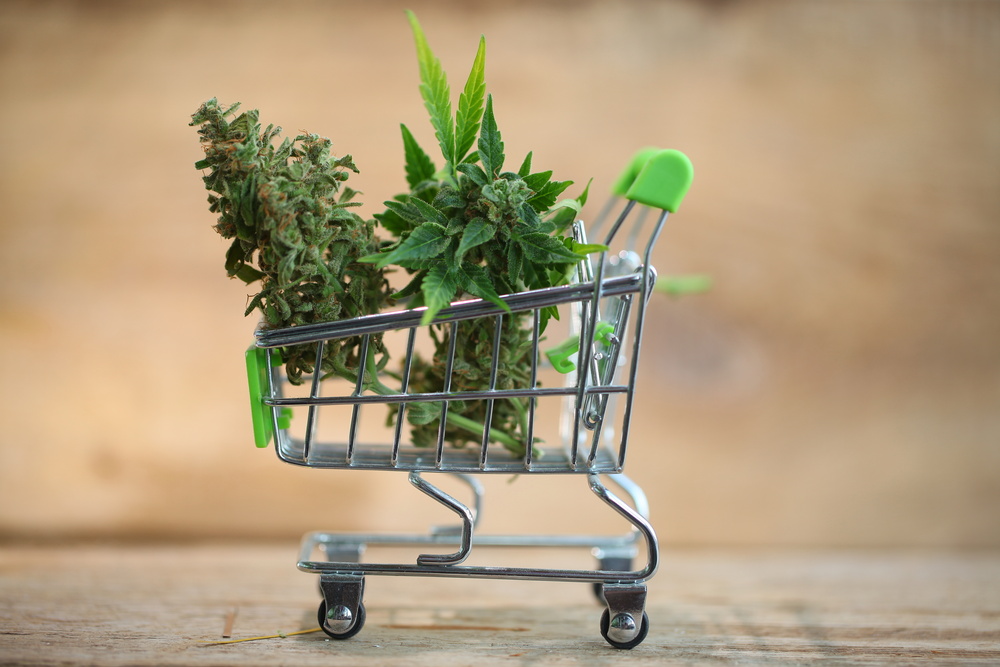The U.S. Senate is expected to have a marijuana decriminalization bill ready for debate in May 2022. Meanwhile, their counterparts in the House have already given their approval. Passage in the Senate would all but guarantee a compromise bill the president could sign into law before the end of 2022. Then what? Taxation begins in earnest.
States with legalized cannabis already tax it to some degree. Taxation is higher in some states than in others. But make no mistake, Washington will never decriminalize marijuana without taxing it at the same time. Whether you are talking about recreational marijuana or medical cannabis, the plant that engenders so many emotions on both sides of the legalization question is a gold mine for tax revenues. Federal lawmakers will not be able to help themselves.
So, what kinds of taxes should the industry and consumers expect? Knowing what we know about federal taxation, the sky’s the limit. Still, here are the taxes most likely to come out of federal decriminalization:
Table of Contents
1. Federal Excise Tax
The federal government currently assesses an excise tax on tobacco. The Tax Foundation reports the tax as being $23 per pound. An identical tax on cannabis could yield as much as $500 million in revenues. Given the success of tobacco taxation over the years, it is hard to imagine that lawmakers would pass up any opportunity to impose the same tax on cannabis.
Excise taxes would ultimately be added to the wholesale price and passed on to processors. Likewise, processors would pass the tax on to distributors and retailers. Ultimately, consumers would pay it.
2. Sales Surtax
Lawmakers have also floated the idea of a sales surtax. Some of the states with legal cannabis programs have already assessed surtaxes of their own. In addition to licensing fees, surtaxes generate revenue whenever customers buy legal cannabis products at a licensed pharmacy or dispensary.
A federal surtax of 10% has been proposed by multiple lawmakers. For every $10 a customer spends, they would pay an additional $1, on top of any state taxes. Combined excise, state, and federal surtaxes could more than double the cost at retail. A customer could end up spending $20 for every $10 a wholesaler spends.
3. Federal Licensing Fees
Federal decriminalization would likely lead to interstate transportation of cannabis plant material and derived products. Under such a scenario, it would be reasonable to expect Washington to assess some sort of license and fee scheme on logistics companies that choose to move cannabis across state lines. Although licensing fees would not be called taxes, the argument is semantic. A government fee is just a tax by another name.
4. Business Income Taxes
Obviously, businesses in the cannabis space would pay income taxes on their profits. Small operations like Beehive Farmacy in Salt Lake City, Utah would be just as accountable for business taxes as larger, corporate operations. The federal arm of income tax doesn’t spare any business.
In fairness, cannabis businesses that choose to report their income to Uncle Sam already pay income taxes. Would income tax revenues grow as a result of federal decriminalization? That is a matter of speculation. Full decriminalization may not bring more legal operators online. And of course, the black market is always the wildcard here.
Federal decriminalization is not guaranteed. But if it happens, we can pretty much guarantee that federal taxation will be part of the package. It has to be. If lawmakers are going to legalize something that has been illegal for decades, they are going to want something out of it. That something is tax revenue.

